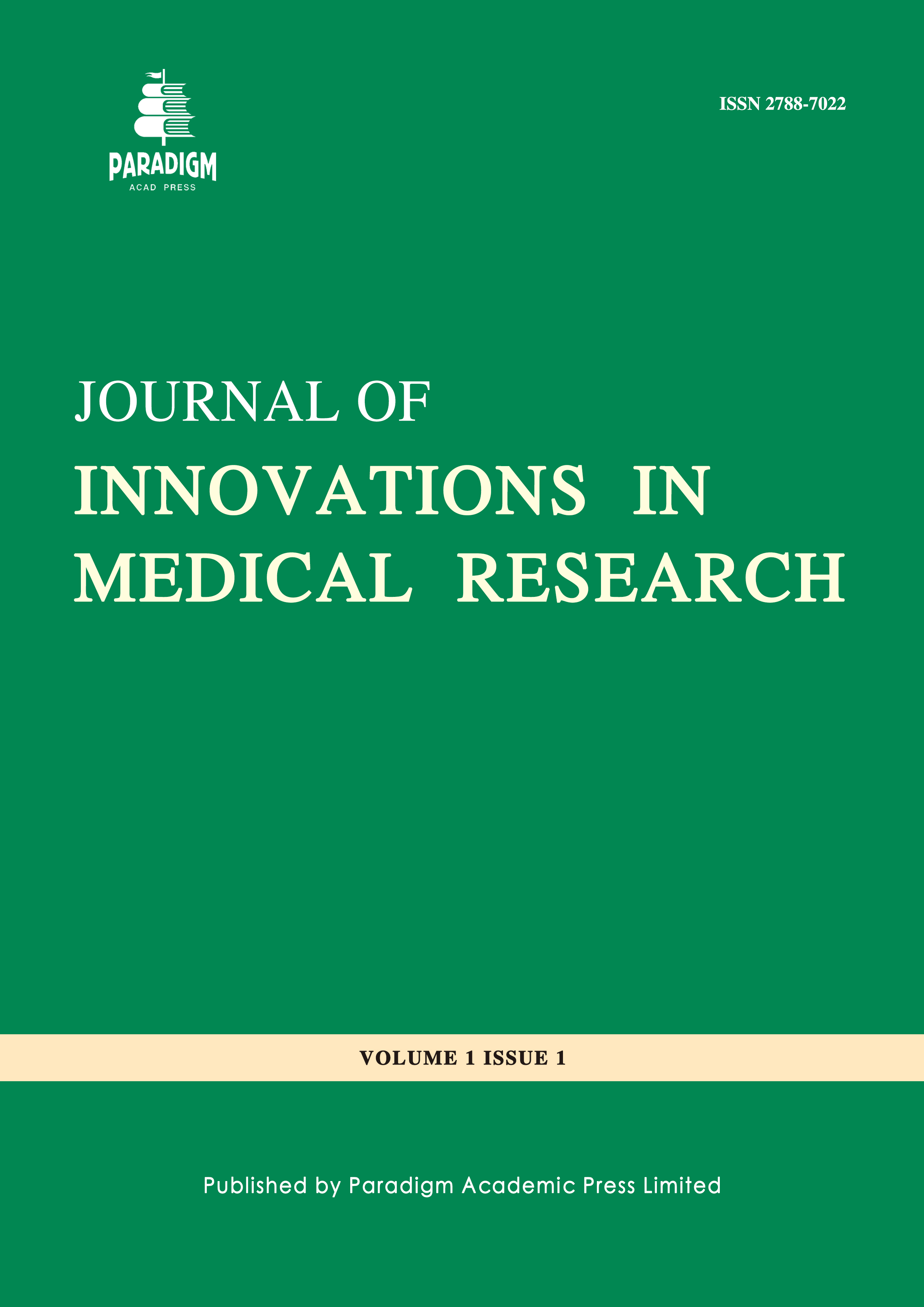The Impact of Asian Dietary Taboos on Nutritional Health: A Semi-Systematic Review
Keywords:
Asia, dietary taboos, nutritional health, sustainable developmentAbstract
This research paper explores the relationship between dietary taboos and nutritional health across Asia, with a particular focus on South Asia, Southeast Asia and Southern China. Using a semi-systematic review approach, the study integrates multidisciplinary perspectives to explore how cultural traditions (in particular those related to pregnancy, postpartum care and dualistic food philosophy) influence access to nutrients. Dietary taboos restrict the intake of certain foods for health, cultural or symbolic reasons, often based on the philosophical framework of traditional medicine, such as yin-yang balance, body fluid theory or religious practices. (Wang-Chen, Yixi et al., 2022; Meyer-Rochow & Victor Benno, 2009; Fiveable, 2024) However, these restrictions may lead to malnutrition. (Henderson, 2023) This study highlights the need for culturally appropriate public health strategies to address malnutrition and align with Sustainable Development Goal 2.2: Achieving food security and improving nutrition by 2030. (World Health Organization, 2024)



